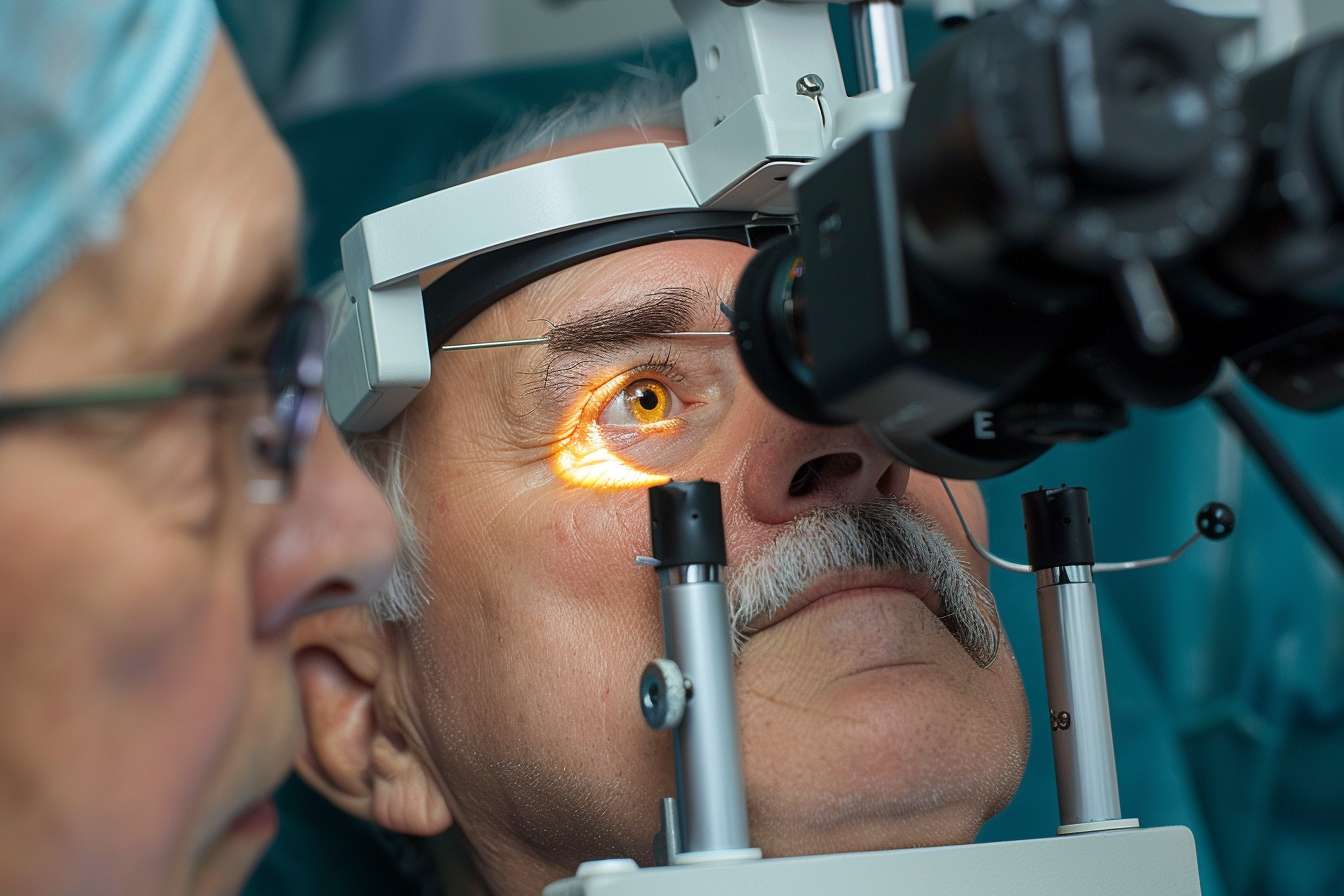Understanding Laser Eye Surgery: Procedures, Costs and Options
Laser eye surgery has transformed vision correction for millions worldwide, offering alternatives to glasses and contact lenses. This comprehensive guide explores the various laser vision correction procedures available, their costs, and what factors influence pricing. Whether you're considering treatment for refractive errors or exploring private eye treatment options, understanding the process and associated expenses helps you make informed decisions about your vision care.

Laser eye surgery represents one of the most significant advances in modern ophthalmology, providing effective solutions for common vision problems. The technology has evolved considerably since its introduction, with multiple techniques now available to address different types of refractive errors. Understanding these options, their procedures, and associated costs enables patients to choose the most suitable treatment for their individual needs.
Private Eye Treatment Options and Cost Overview
Private eye treatment encompasses various laser vision correction procedures, each designed for specific conditions and patient profiles. The most common procedures include LASIK (Laser-Assisted In Situ Keratomileusis), PRK (Photorefractive Keratectomy), and SMILE (Small Incision Lenticule Extraction). Each technique offers distinct advantages and is suitable for different types of refractive errors, corneal thickness, and lifestyle requirements.
LASIK remains the most popular option, involving the creation of a thin flap in the cornea before reshaping the underlying tissue with an excimer laser. PRK, an earlier technique, removes the outer layer of the cornea entirely before laser treatment, making it suitable for patients with thinner corneas. SMILE represents the newest approach, using a femtosecond laser to create a small lens-shaped piece of tissue within the cornea, which is then removed through a tiny incision.
The cost of private laser eye surgery varies significantly based on several factors, including the chosen procedure, clinic reputation, surgeon experience, and geographical location. Treatment complexity and additional services such as lifetime aftercare packages also influence pricing structures.
What Influences Cataract Surgery Pricing
While cataracts differ from refractive errors addressed by standard laser eye surgery, understanding cataract surgery pricing provides valuable context for eye treatment costs generally. Cataract surgery involves replacing the clouded natural lens with an artificial intraocular lens (IOL), and pricing varies based on several key factors.
The type of IOL selected significantly impacts costs, with basic monofocal lenses being the most affordable option, while premium multifocal or toric lenses command higher prices. Surgical technique also influences pricing, with traditional phacoemulsification being less expensive than laser-assisted cataract surgery using femtosecond lasers.
Clinic facilities, surgeon expertise, and post-operative care packages contribute to overall pricing structures. Geographic location plays a crucial role, with procedures in major metropolitan areas typically costing more than those in smaller cities. Insurance coverage varies, with NHS provision available for cataract surgery when medically necessary, though private treatment offers shorter waiting times and premium lens options.
How Laser Vision Correction is Performed and How Much it Costs
Laser vision correction procedures follow established protocols designed to ensure safety and effectiveness. The process begins with comprehensive pre-operative assessments, including detailed eye examinations, corneal mapping, and measurements of refractive errors. These evaluations determine candidacy and help select the most appropriate procedure.
During LASIK surgery, the surgeon creates a corneal flap using either a microkeratome blade or femtosecond laser. The flap is lifted, and an excimer laser reshapes the underlying corneal tissue according to the patient’s prescription. The flap is then repositioned, naturally adhering without stitches. The entire procedure typically takes 15-30 minutes for both eyes.
PRK involves removing the epithelium (outer corneal layer) before laser treatment, with a protective contact lens placed afterward to aid healing. SMILE procedures use only femtosecond lasers to create and extract the lenticule through a small incision, preserving more corneal structure than traditional methods.
Recovery varies by procedure, with LASIK patients often experiencing rapid visual improvement within 24-48 hours, while PRK recovery takes longer due to epithelial regeneration. Most patients achieve stable vision within several weeks to months, depending on individual healing responses.
| Provider | Procedure Type | Cost Estimation |
|---|---|---|
| Optical Express | LASIK | £1,200-£2,500 per eye |
| Moorfields Eye Hospital | PRK | £1,500-£3,000 per eye |
| London Vision Clinic | SMILE | £2,000-£3,500 per eye |
| Ultralase | LASIK | £1,000-£2,200 per eye |
| SpaMedica | Custom LASIK | £1,800-£3,200 per eye |
Prices, rates, or cost estimates mentioned in this article are based on the latest available information but may change over time. Independent research is advised before making financial decisions.
The investment in laser eye surgery extends beyond the initial procedure cost, with many clinics offering comprehensive aftercare packages. These typically include multiple follow-up appointments, enhancement procedures if needed, and sometimes lifetime care guarantees. While initial costs may seem substantial, many patients find the long-term savings on glasses, contact lenses, and related expenses justify the investment.
Success rates for laser eye surgery remain consistently high, with most patients achieving 20/20 vision or better. However, individual results vary based on factors such as age, prescription strength, corneal characteristics, and healing responses. Careful consideration of these factors, along with realistic expectations and thorough consultation with qualified surgeons, ensures the best possible outcomes for vision correction investments.
This article is for informational purposes only and should not be considered medical advice. Please consult a qualified healthcare professional for personalized guidance and treatment.




